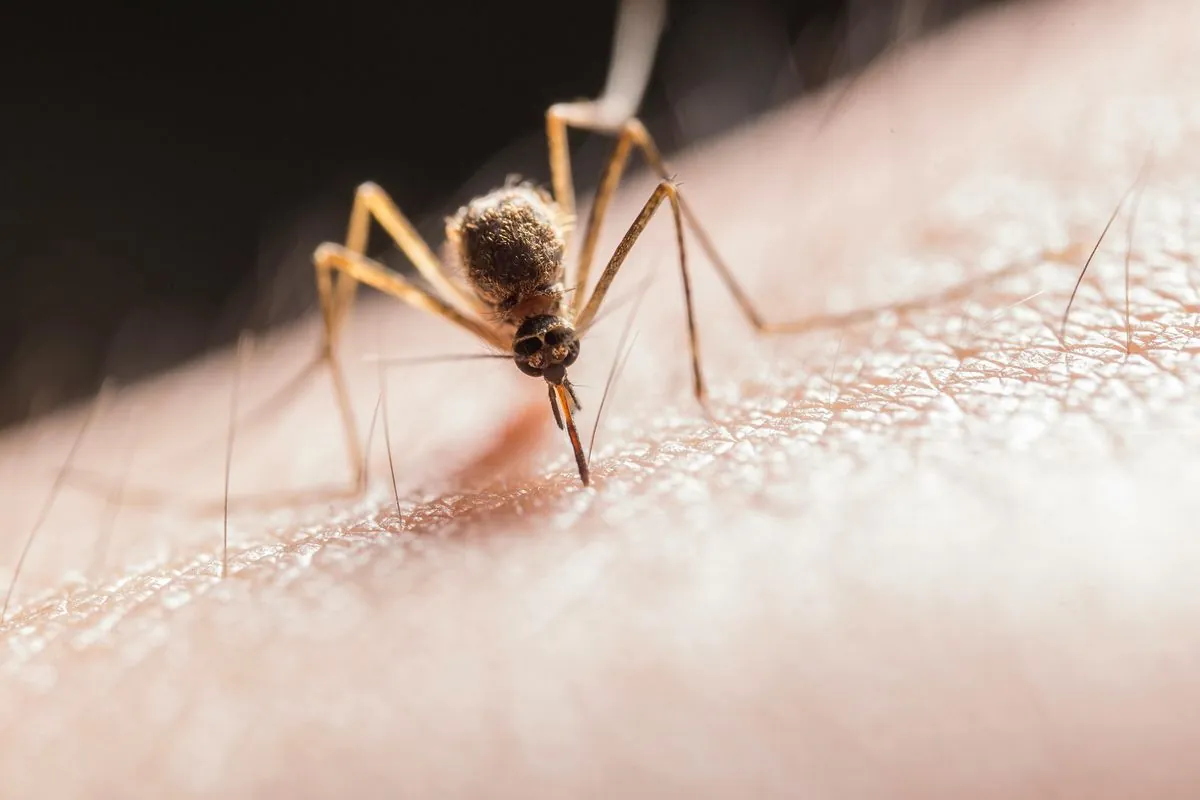Fatal EEE Case in New Hampshire Prompts Public Health Alert
A New Hampshire resident has died from eastern equine encephalitis, a rare mosquito-borne illness. Health officials urge precautions as cases circulate in neighboring states.

A resident of New Hampshire has succumbed to eastern equine encephalitis (EEE), a rare but severe mosquito-transmitted disease, as reported by health authorities on August 27, 2024. This marks the first EEE-related fatality in the state since 2014, highlighting the ongoing risk posed by this illness.
EEE, first identified in Massachusetts in 1831, is known for its severity among mosquito-borne diseases in North America. The virus, which primarily circulates between Culiseta melanura mosquitoes and birds, can cause serious neurological symptoms in humans and has a mortality rate of 30-70%.
Benjamin Chan, a state epidemiologist for the New Hampshire Department of Health, emphasized the importance of preventive measures:
"The risk will continue into the fall until there is a hard frost that kills the mosquitoes. Everybody should take steps to prevent mosquito bites when they are outdoors."
The incident has prompted health officials to issue warnings and recommend precautions, especially in areas known to harbor the virus. Neighboring states, including Massachusetts and Vermont, have also reported EEE cases, leading some communities to implement protective measures such as closing parks after dusk and rescheduling outdoor events.

EEE-carrying mosquitoes, particularly those in the Culiseta and Aedes groups, thrive in wetland areas and are most active during warmer months. The highest risk period typically occurs in late summer and early fall when mosquito populations peak and the virus has circulated among bird populations.
While EEE infections in humans are rare, with less than 1% of those infected developing serious symptoms, the consequences can be severe. Symptoms may include fever, headache, irritability, and in extreme cases, seizures and coma. The incubation period is typically 4-10 days, and there is currently no specific treatment available.
Public health officials stress the importance of mosquito control and personal protection. Ongoing research aims to develop a vaccine for EEE, but none is currently available for public use. Climate change may be expanding the range of EEE-carrying mosquitoes, potentially increasing the risk in previously unaffected areas.
As the situation develops, authorities continue to monitor mosquito populations through surveillance programs, which can help predict potential outbreaks. Residents are advised to remain vigilant and take necessary precautions to prevent mosquito bites until the first hard frost eliminates the mosquito population for the season.


































